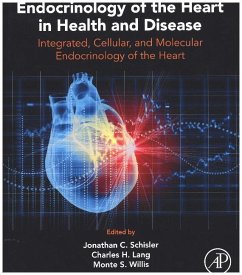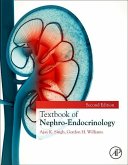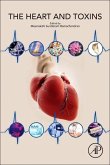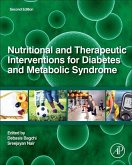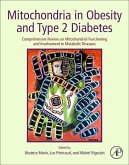Endocrinology of the Heart in Health and Disease: Integrated, Cellular, and Molecular Endocrinology of the Heart covers the traditional concepts of cardio-endocrinology, the role of the various hormone systems, both in health and disease, therapeutic implications, and other recent advances in the various fields represented.
The book explores how cardiac hormones are changed in various cardiac pathologies and the recent success that has been uncovered in their therapeutic use. Additional focus is placed on how the heart responds both physiologically and pathophysiologically to a plethora of circulating hormones, reinforcing the importance of the heart as a target of numerous endocrine systems, such as the brain, renal, and adipose. Significant advances have come from basic, clinical, and translational research from a multiplicity of investigators with diverse backgrounds.
The book features over 200 photomicrographs, diagrams of molecular relationships, and tables that complement and support the text. It is aimed at a wide audience, including graduate students and post-doctoral fellows in a wide array of biomedical departments and PhD programs (e.g. Pathology, Physiology, Genetics, Pharmacology, Molecular Biology, and Cell Biology) related to the endocrine and cardiovascular sciences curricula, as well as medical residents in pathology, laboratory medicine, internal medicine, and cardiology.
The book explores how cardiac hormones are changed in various cardiac pathologies and the recent success that has been uncovered in their therapeutic use. Additional focus is placed on how the heart responds both physiologically and pathophysiologically to a plethora of circulating hormones, reinforcing the importance of the heart as a target of numerous endocrine systems, such as the brain, renal, and adipose. Significant advances have come from basic, clinical, and translational research from a multiplicity of investigators with diverse backgrounds.
The book features over 200 photomicrographs, diagrams of molecular relationships, and tables that complement and support the text. It is aimed at a wide audience, including graduate students and post-doctoral fellows in a wide array of biomedical departments and PhD programs (e.g. Pathology, Physiology, Genetics, Pharmacology, Molecular Biology, and Cell Biology) related to the endocrine and cardiovascular sciences curricula, as well as medical residents in pathology, laboratory medicine, internal medicine, and cardiology.
" For investigators in molecular biology, particularly as the field of molecular biology continues to interplay with clinical disease and outcomes, this book provides a solid foundation for the basic science of the heart as a secretory organ, rather than a focus of hemodynamic and coronary perfusion. Score: 81 - 3 Stars" --Doody's

